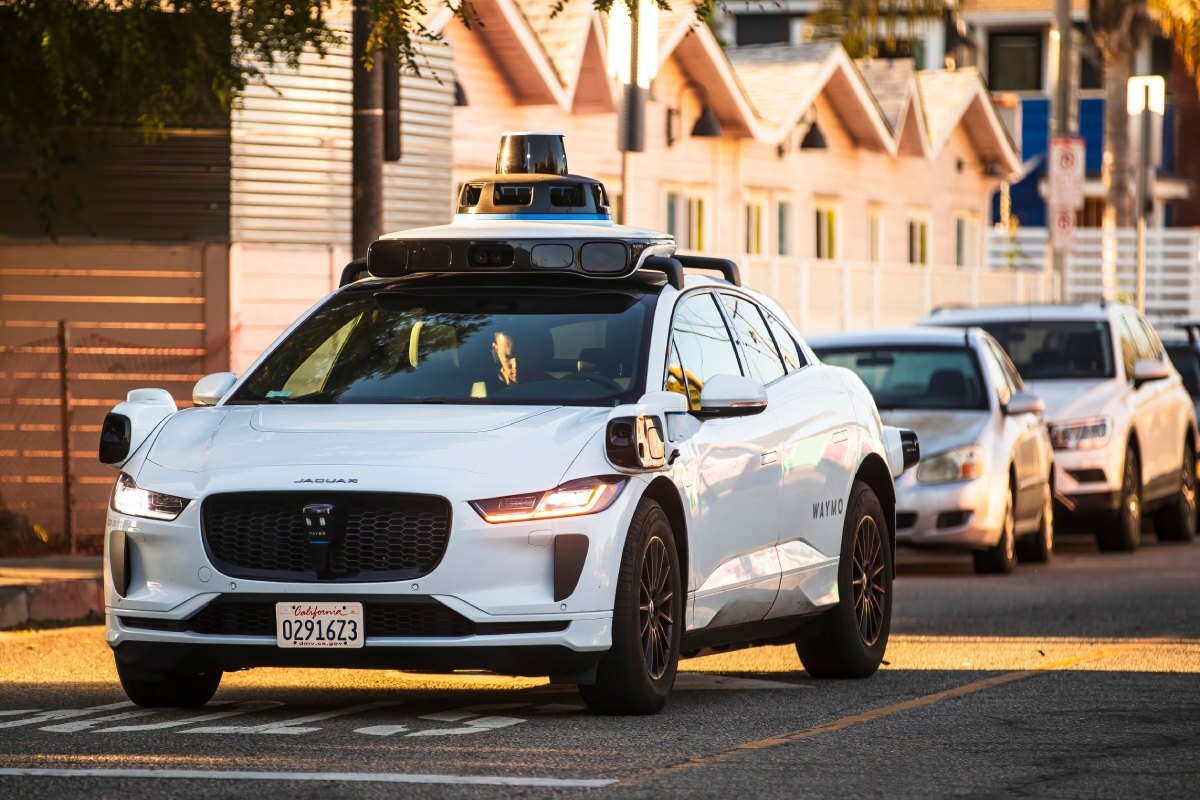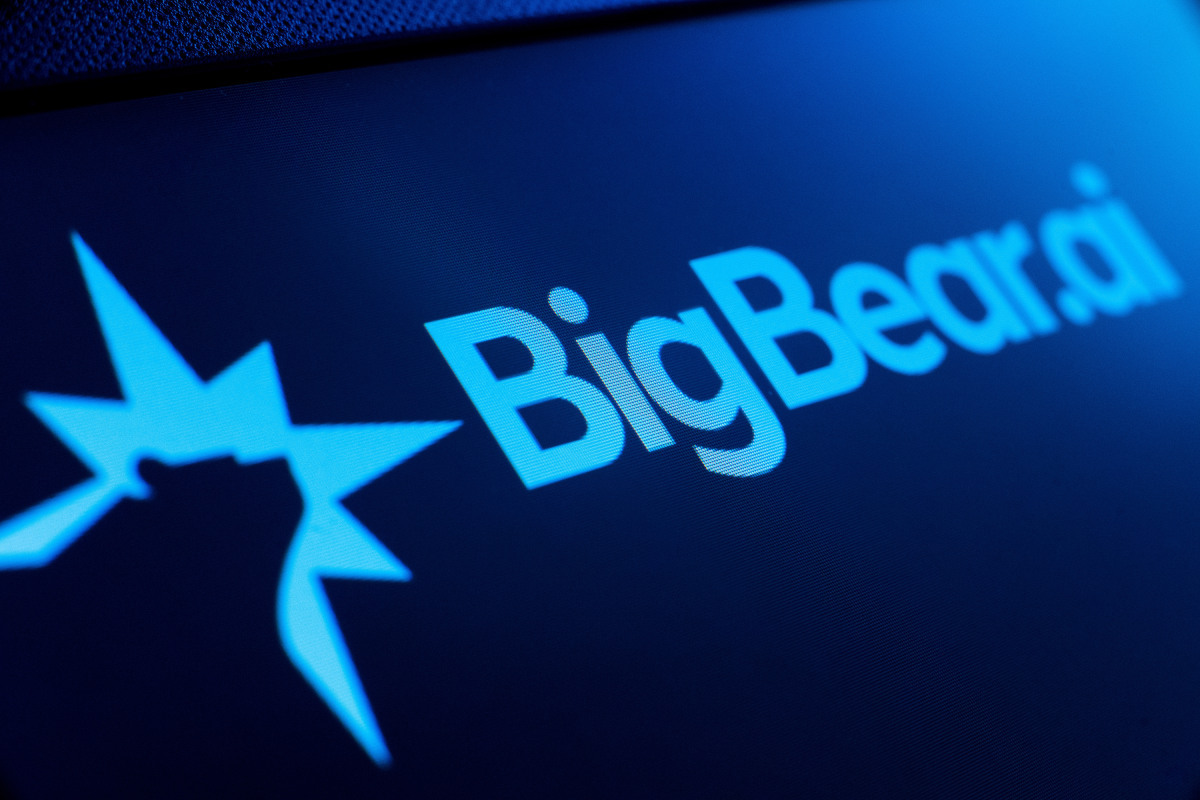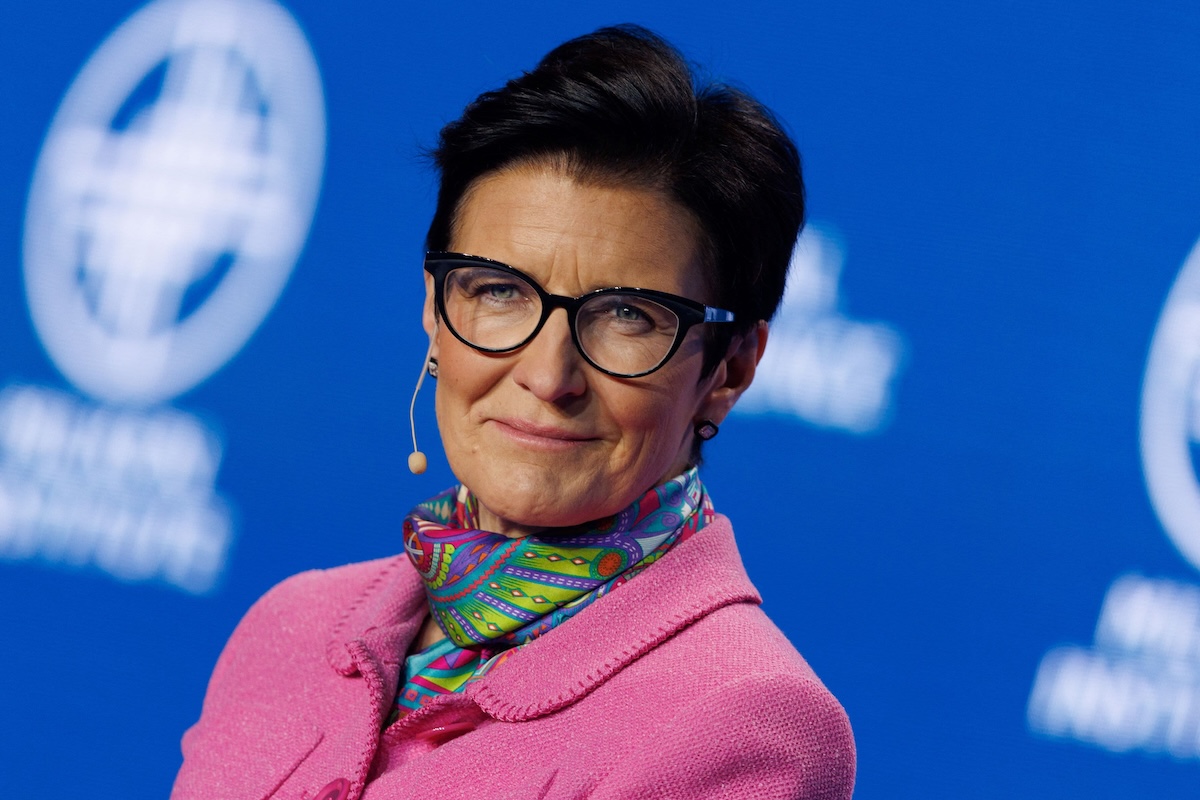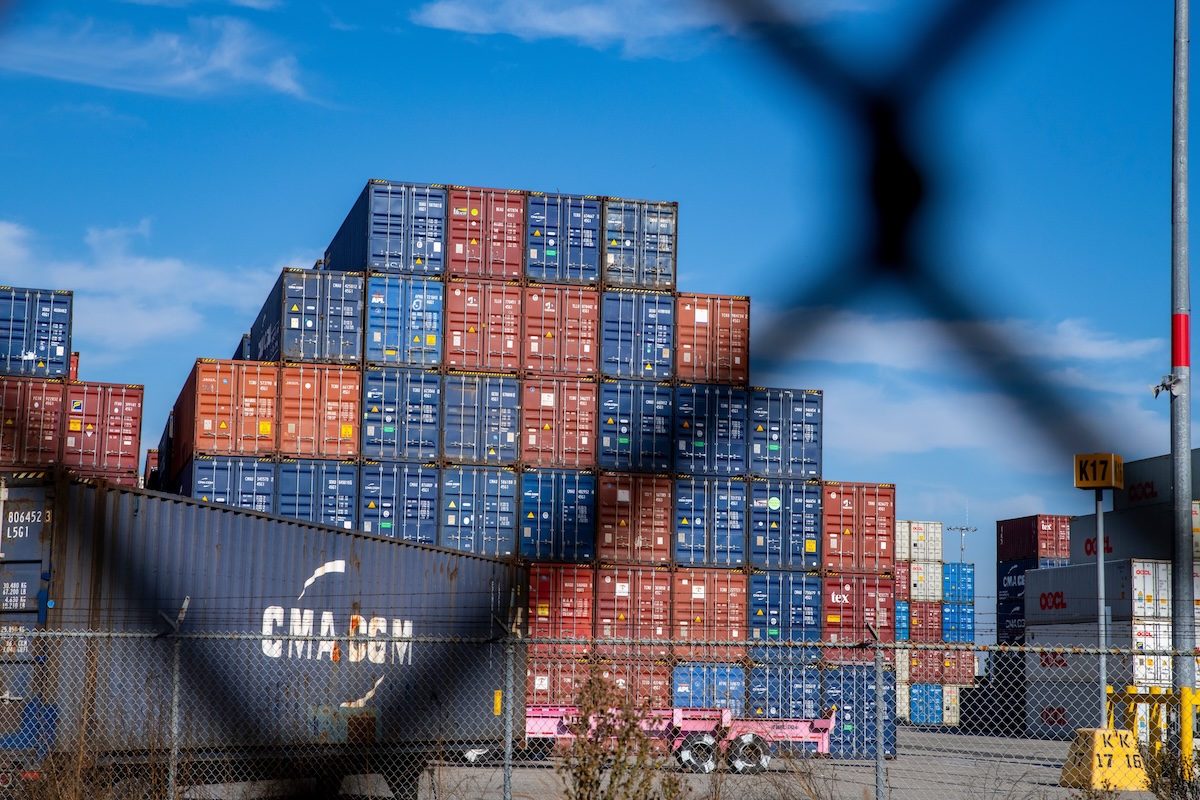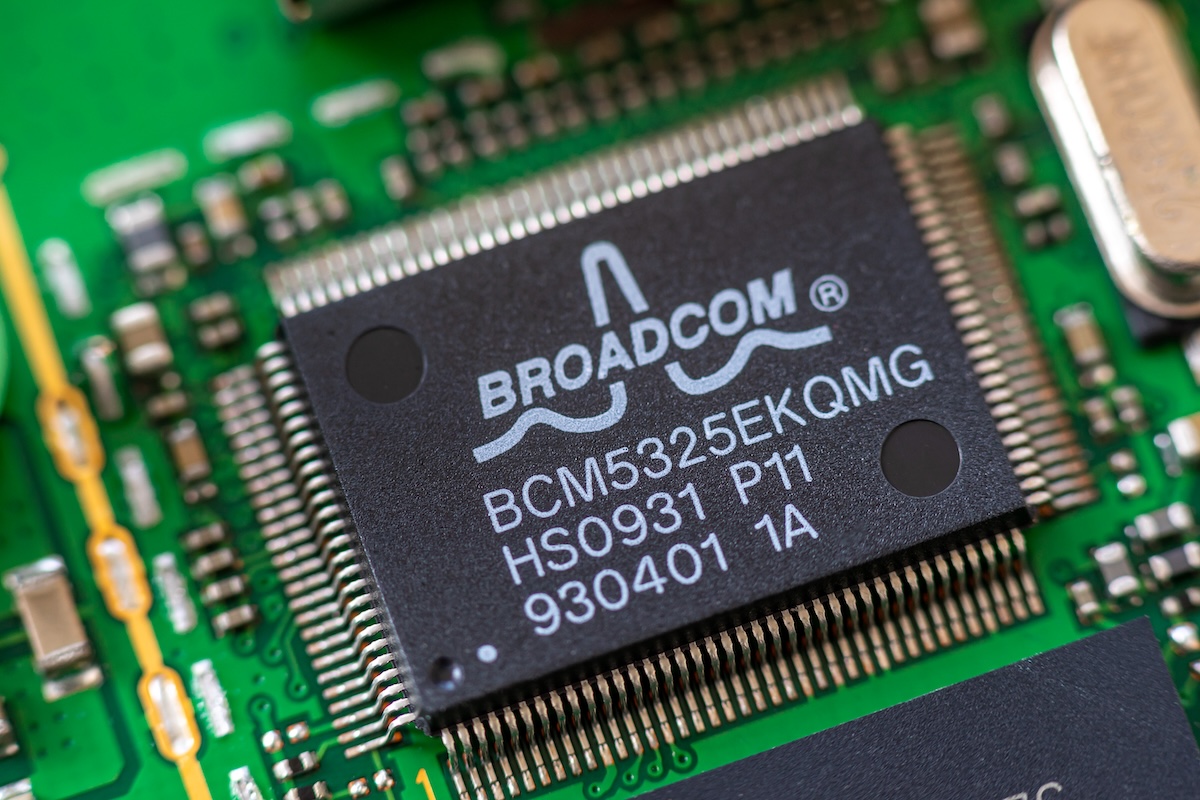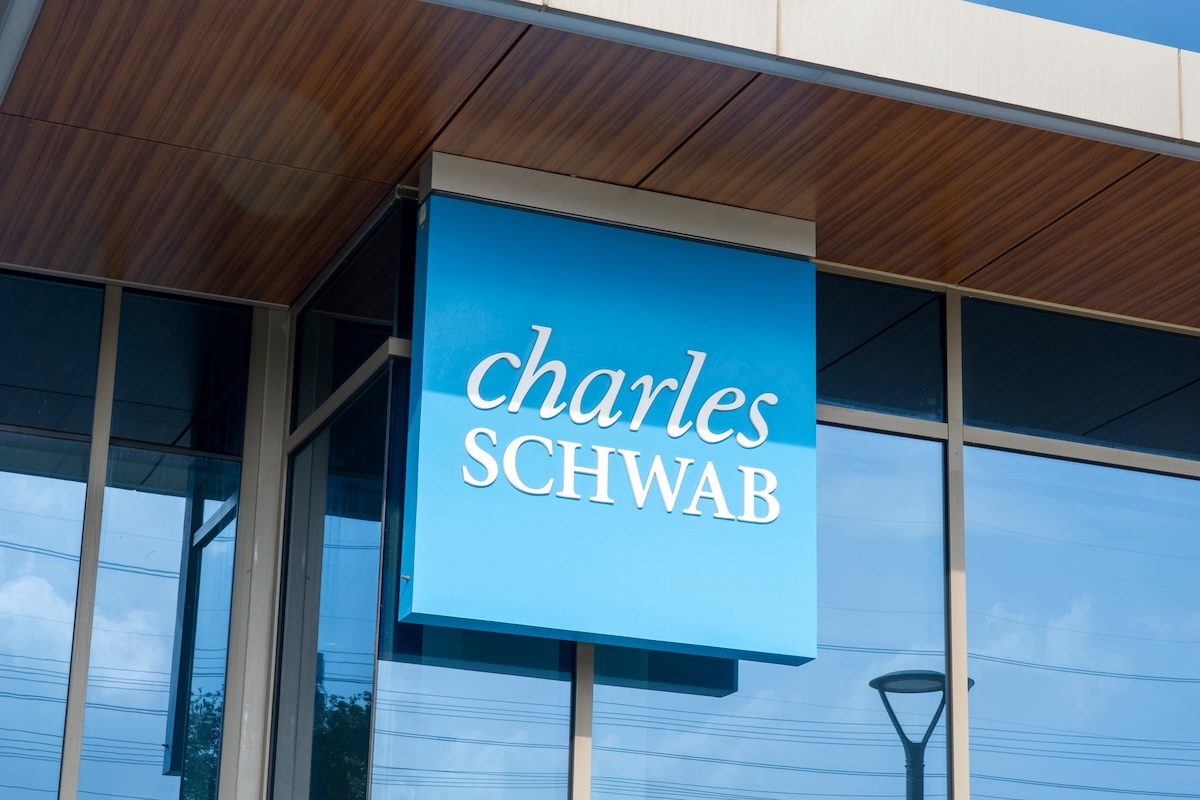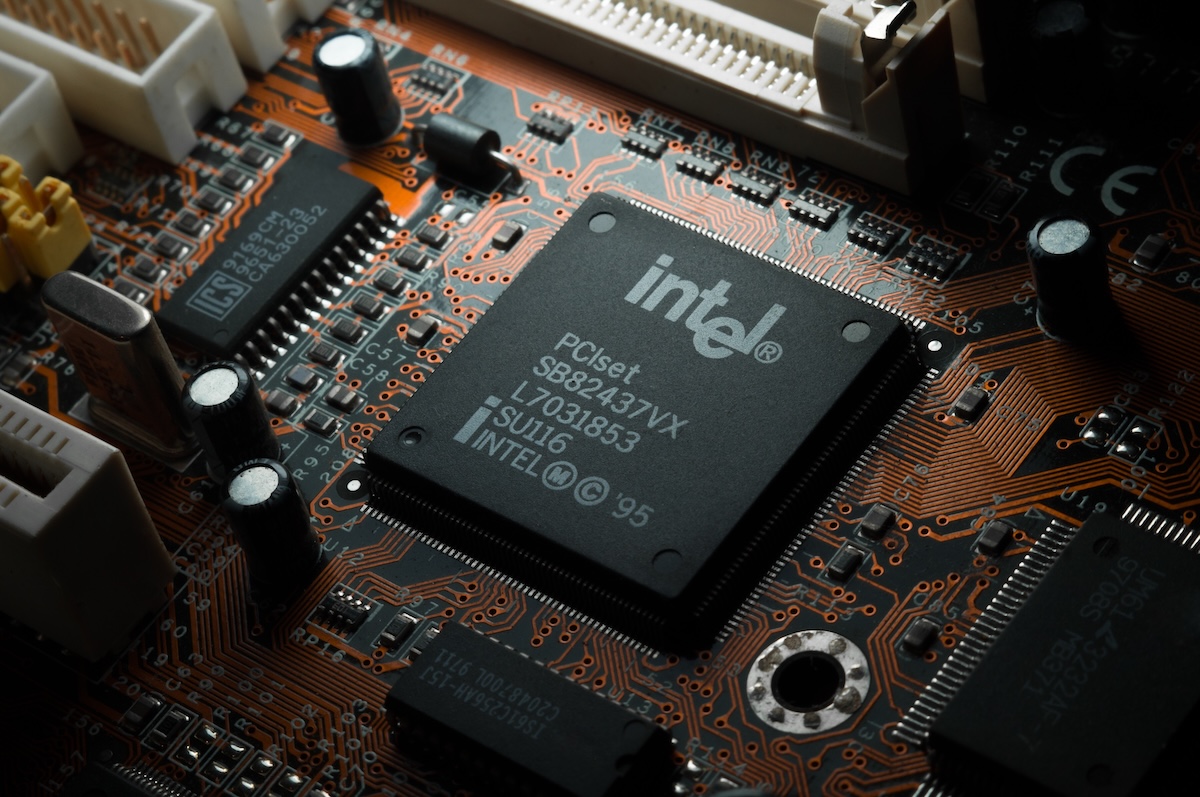Stock Update
Waymo expanding into Europe for the first time beginning next year
Alphabet’s (GOOG) Waymo announced on Wednesday that it plans to offer service in London beginning in 2026, marking its first move into Europe.
Read more about Waymo expanding into Europe for the first time beginning next year
Central banks are hoarding gold like it’s the 1970s, and Ray Dalio says you should too
Investors from Ray Dalio to Jeffrey Gundlach warn the central bank buying spree reflects deepening anxiety about debt, inflation, and the durability of the dollar-based order
Read more about Central banks are hoarding gold like it’s the 1970s, and Ray Dalio says you should too
Is GameStop becoming modern-day Berkshire? Early investor says Wall Street is missing its second act
Once a meme stock punchline, GameStop (GME) is quietly building a fortress balance sheet and a patient, Buffett-like playbook for its next act.
Read more about Is GameStop becoming modern-day Berkshire? Early investor says Wall Street is missing its second act
BigBear.ai ramps up edge AI capabilities with newest partnership
BigBear.ai (BBAI) said this week that it has partnered with Silicon Valley defense technology company Tsecond to develop AI-enabled edge infrastructure
Read more about BigBear.ai ramps up edge AI capabilities with newest partnership
Citi CEO is bullish on tokenized deposits but sees an ‘overfocus’ on stablecoins
Moynihan says tokenization carries less "friction" than stablecoins
Read more about Citi CEO is bullish on tokenized deposits but sees an ‘overfocus’ on stablecoins
Everyone in the AI sector is gunning for Nvidia, even when they’re working with it
Nvidia (NVDA) announced a partnership with Oracle (ORCL) to help accelerate the digital transformation in Abu Dhabi
Read more about Everyone in the AI sector is gunning for Nvidia, even when they’re working with it
Stocks weathered tariff storm at the expense of American consumer, say Wall Street strategists
Even though American companies have shown an ability to absorb Trump’s tariffs, Goldman Sachs economists Elsie Peng and David Mericle say US consumers will bear the brunt of the impact.
Read more about Stocks weathered tariff storm at the expense of American consumer, say Wall Street strategists
Broadcom will help OpenAI design its own chips in new multi-year partnership
OpenAI is buying 10 gigawatts of computer chips from Broadcom (AVGO) as part of a multi-year partnership that the two companies announced on Monday
Read more about Broadcom will help OpenAI design its own chips in new multi-year partnership
Schwab: Retail investors shunning the Magnificent Seven, except for Nvidia and Amazon
Perhaps “buy low, sell high” has gone out of fashion as a formula for how to make money trading on the stock market.
Read more about Schwab: Retail investors shunning the Magnificent Seven, except for Nvidia and Amazon
SoundHound AI expands partnership with French insurer Apivia Courtage
According to SoundHound, these AI solutions have allowed the insurance company’s “human teams” to focus more on working with brokers and clients
Read more about SoundHound AI expands partnership with French insurer Apivia Courtage
Rare earth stocks surge after China clamps down on exports and Trump threatens ‘massive’ tariffs
Rare earth material stocks rose on Friday as Beijing tightened its exports of the critical minerals.
Read more about Rare earth stocks surge after China clamps down on exports and Trump threatens ‘massive’ tariffs
Ferrari’s record plunge raises red flag about wealthy consumer
The luxury automaker’s weak outlook wiped out billions in market value and hints that even the rich may be feeling the pinch
Read more about Ferrari’s record plunge raises red flag about wealthy consumer
Oracle’s AI boom runs on debt, hype, and power it doesn’t have
Oracle (ORCL) stock is surging on AI hype, but soaring debt and power constraints raise serious questions about the sustainability of its $300B cloud ambitions.
Read more about Oracle’s AI boom runs on debt, hype, and power it doesn’t have
This is stagflation (literally): U.S. hiring crashes to recession levels as ‘second stagflation mountain’ rises
With hiring at recessionary levels and inflation still running hot, America’s economy is flashing classic stagflation warnings, Apollo data show
Read more about This is stagflation (literally): U.S. hiring crashes to recession levels as ‘second stagflation mountain’ rises
DoorDash doubles down on autonomous delivery with Serve Robotics partnership
If robots are the future, then the future appears to be now
Read more about DoorDash doubles down on autonomous delivery with Serve Robotics partnership
Lyft enters deal with Tensor Auto to roll out a fleet of AVs
Lyft, Inc. (LYFT) is partnering with autonomous vehicle maker Tensor Auto to add hundreds of robotaxis to its fleet in North America and Europe beginning in 2027.
Read more about Lyft enters deal with Tensor Auto to roll out a fleet of AVs
Intel finally releases a new 18A chip, but will it be enough to spark a turnaround?
News of the 18A launch did not appear to excite too many investors as Intel’s stock was only able to gain nearly 1% on Thursday
Read more about Intel finally releases a new 18A chip, but will it be enough to spark a turnaround?
Ken Griffin sounds alarm on de-dollarization as critics say U.S. is becoming a “third world country”
Investors are quietly hedging against U.S. sovereign risk as America’s debt, inflation, and political dysfunction fuel fears of a fiscal reckoning
Read more about Ken Griffin sounds alarm on de-dollarization as critics say U.S. is becoming a “third world country”
